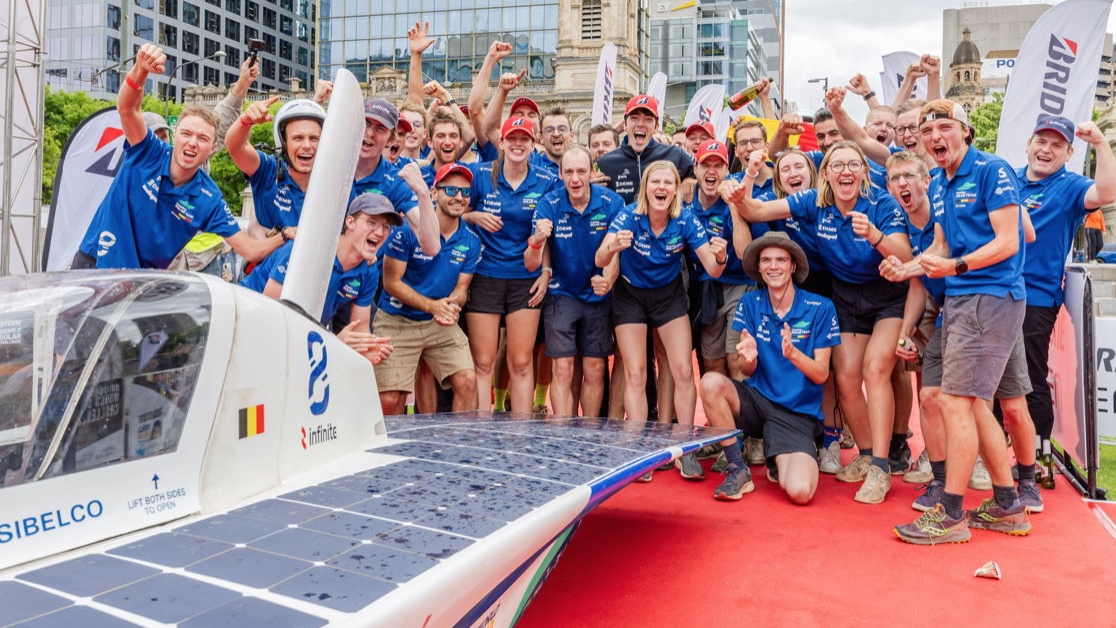
Belgian World Solar Challenge champion wins innovation award (update)

For the second time in a row, engineering students for the University of Louvain have won the World Solar Challenge in Australia /Innoptus Solar team
The Innoptus Solar Team of the Belgian University of Louvain has won the Bridgestone World Solar Challenge for the second time. On top of th


Comments
Ready to join the conversation?
You must be an active subscriber to leave a comment.
Subscribe Today